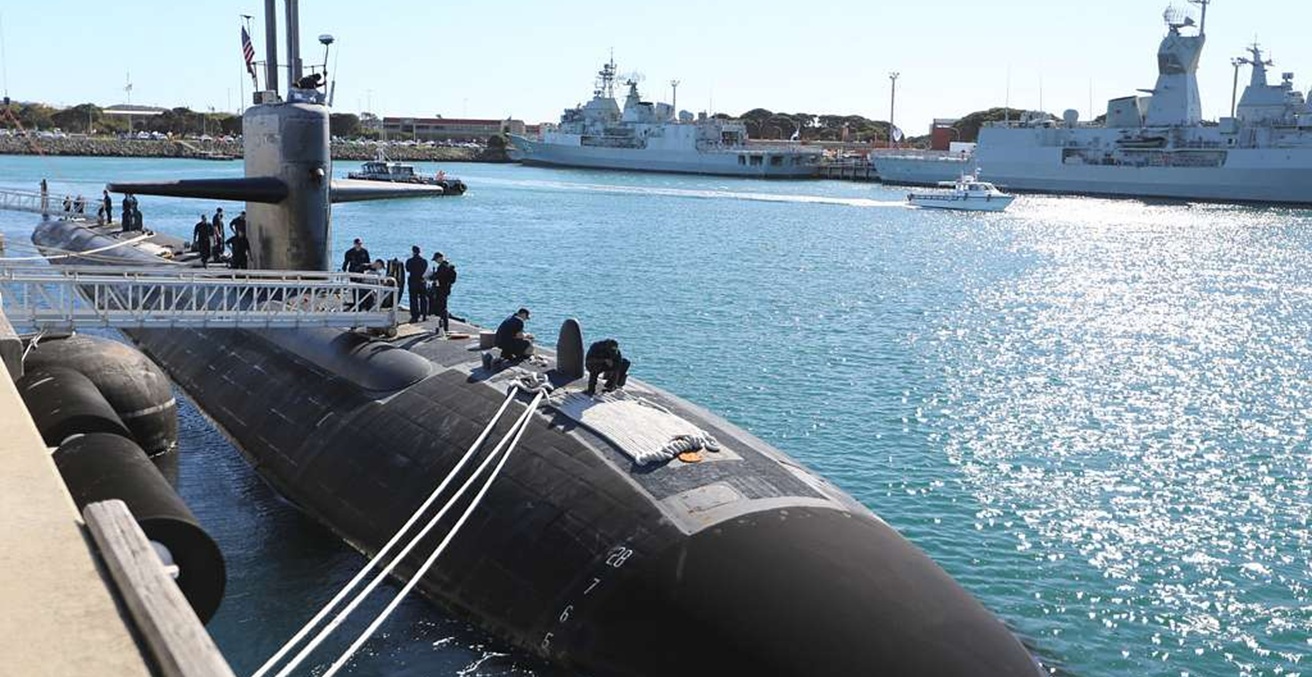For the first time in 16 years, Fiji has a new government. The coalition has an extremely ambitious agenda, and each day brings it one step closer to long-term stability.
On 14 December 2022, Fijians went to the polls to elect the 55 members of Parliament. All of Fiji is one constituency, and parties that receive more than five percent of the vote are allocated seats in Parliament. FijiFirst, the party of Frank Bainimarama who had served as prime minister since 2007, won 26 seats – just shy of the 28 needed to secure another term in power. This left the door open for the People’s Alliance and National Federation Party, coalition partners who combined also won 26 seats. The “kingmaker” became the Social Democratic Liberal Party (SODELPA), whose three seats would decide the majority coalition. SODELPA ultimately chose to form government with the People’s Alliance-National Federation Party coalition, and on 24 December, Sitiveni Rabuka was elected prime minister. Bainimarama conceded defeat.
On the surface, little about this scenario seems out of the ordinary for a country with a parliamentary system of government. For Fiji, however, the 2022 elections and their aftermath were historic. Since it became a republic in 1970, most changes of government in Fiji have occurred via coup.
There were immediate concerns within Fiji and overseas about the vulnerability of a coalition government to a coup, fuelled in large part by new electoral laws introduced in 2021 designed to keep FijiFirst in power and Bainimarama’s reluctance to concede defeat. Now, however, Fijian officials, business leaders, citizens, foreign diplomats, and observers are cautiously optimistic that Rabuka’s coalition government will not just remain peacefully in place but that it will deliver on key campaign promises and restore integrity to Fiji’s democratic institutions.
An ambitious agenda
The coalition government has hit the ground running. Rabuka, the leader of the 1987 coup, promised in his inauguration speech that he is a leader for all Fijians, noting that regardless of ethnic or cultural identity, “we all belong here.” The new government is working hard to weed out corruption, increase transparency, and ensure political appointees and community leaders are chosen on merit rather than their connections to elected officials.
People who were deported, threatened, or forced to leave Fiji for speaking out against the previous government are being granted permission to return, and they are doing so. The coalition is eager to mend ties with the University of the South Pacific, whose largest campus is located in Suva and to which the Fijian government owes FJ$74 million. The return of Vice-Chancellor Pal Ahluwalia to Fiji was widely celebrated, as was the return of Padma Lal with her exiled husband Professor Brij Lal’s ashes.
There are also plans to reinstate the Great Council of Chiefs, a group of Indigenous Fijian representatives that serve as advisors to the government on matters affecting Fiji’s iTaukei (Indigenous) population. Rabuka was a life member of the council until it was disbanded in 2012. Reactions to its reinstatement are mixed. On the one hand, a new Great Council of Chiefs could provide critical advice on how legislation will specifically affect the iTaukei population, in much the same way that a Voice to Parliament is expected to do in Australia. On the other hand, the Great Council of Chiefs was established in the British colonial era and is mired in colonial legacy.
As China increasingly makes its presence felt in the Pacific, Rabuka has positioned himself as a proponent of solidarity among the Pacific Island states. His first overseas trip as prime minister was to Kiribati to conclude the negotiations to bring the last remaining holdout from the Micronesian bloc back into the Pacific Islands Forum after the 2021 consternation. Rabuka also cancelled an arrangement with the Chinese police, which many Western observers considered a clear signal of Fiji’s alignment with traditional partners. The reality is more moderate, as Chinese investors and development agencies have a robust presence in Fiji’s economy. Rabuka has clearly expressed a desire to work more closely with traditional partners, including Australia and the UK, without positioning Fiji as explicitly “anti-China.”
Moving forward
A major test of the new government’s effectiveness will be delivering on its election promise to hold local elections. Tentatively scheduled for late 2023, these will be the first local elections since FijiFirst abolished the mayoral system and installed town representatives 16 years ago. Bringing the elections to fruition will be a major accomplishment for the coalition and a clear signal of democratic progress.
Constitutional reform is also sorely needed after 16 years of autocratic creep, limiting freedoms, and centralising political control. There is much speculation and discussion about what could, should, and eventually would end up in a new constitution, as well as whether a new constitution is needed at all. Fiji has seen as many constitutions as coups in the past several decades. Under the present constitution, the military can intervene in government affairs whenever it wants under its mandate to look after the wellbeing of the Fijian people. While Major-General Jone Kalouniwai stated before the election that the military would respect the results, and this has been heeded to date, the spectre of future military intervention looms large.
While there is much to celebrate about the new government’s actions so far and plans for the future, greater emphasis needs to be placed on promoting diversity in politics and women’s participation in elections. The proportion of women members of Parliament has halved, with women now accounting for less than ten percent of members. While there are strong initiatives in place to involve women and marginalised people in politics, structural elements in Fiji’s electoral system create barriers to their election. In addition, the 2021 electoral reforms required voters to register using their birth names, which disenfranchised a significant number of women who assumed their spouse’s name upon marriage. It will be interesting to see whether the forthcoming local elections mirror the national elections in terms of diversity, or whether we will see more women and other historically marginalised people assume leadership positions. Looking ahead to the 2026 elections and beyond, the coalition’s democratic reforms should include the implementation of gender-inclusive electoral policies.
As Fiji continues opening up to the post-COVID-19 world and the Rabuka coalition government settles into its authority, the future appears bright for Fijians. It is now the responsibility of policymakers to deliver on their promises and ensure they continue to conscientiously listen to the concerns of the Fijian public.
Nancy Schneider is the national operations manager for the Australian Institute of International Affairs (AIIA) and the editor-in-chief of Australian Outlook. She was a delegate on the February 2023 Post-Election Study Tour to Fiji funded by the Konrad Adenauer Stiftung. She tweets at @NC_Schneider.
This article is published under a Creative Commons License and may be republished with attribution.




